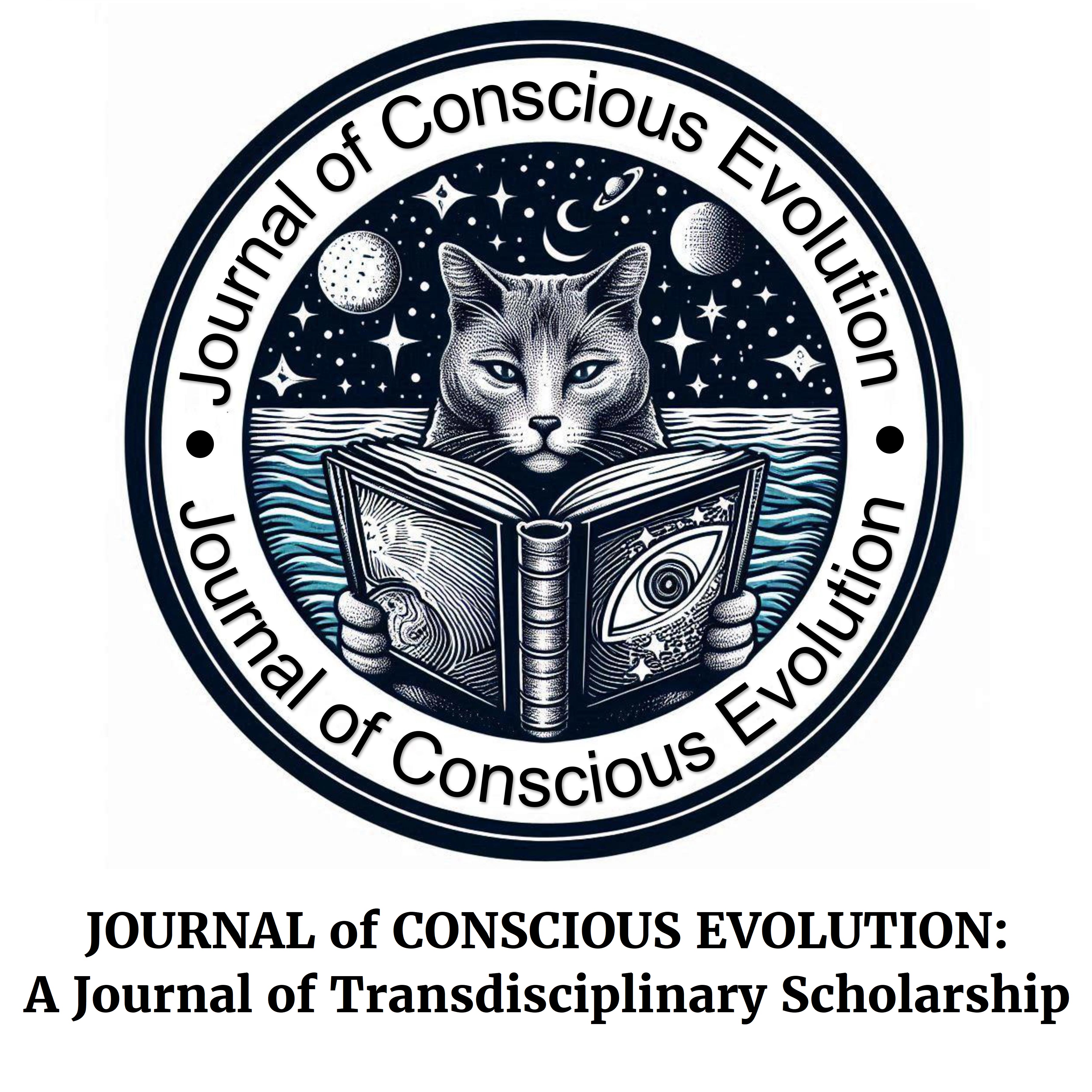
Abstract
The classroom structure of traditional education has been modeled on the defining characteristics of the mechanical worldview, including linearity, hierarchy, reductionism, objectivity, outcomes, and empiricism. The advent of a participatory worldview has brought a new set of priorities including non-linearity, interdependence, process, relationship, and ecology. A Montessori classroom structure embodies these emerging characteristics. The Montessori approach is based on a non-linear developmental model. It provides a form of education that is not limited to mechanistic cognitive development, but integrally involves all aspects of human development, and is thus well-aligned with the qualities of the emerging worldview.
Recommended Citation
Lide, Allison. (2018). Montessori Education: What Is Its Relationship with the Emerging Worldview?. Journal of Conscious Evolution, 8(8). https://digitalcommons.ciis.edu/cejournal/vol8/iss8/5
Included in
Clinical Psychology Commons, Cognition and Perception Commons, Cognitive Psychology Commons, Critical and Cultural Studies Commons, Family, Life Course, and Society Commons, Gender, Race, Sexuality, and Ethnicity in Communication Commons, Liberal Studies Commons, Social and Cultural Anthropology Commons, Social and Philosophical Foundations of Education Commons, Social Psychology Commons, Sociology of Culture Commons, Sociology of Religion Commons, Transpersonal Psychology Commons


